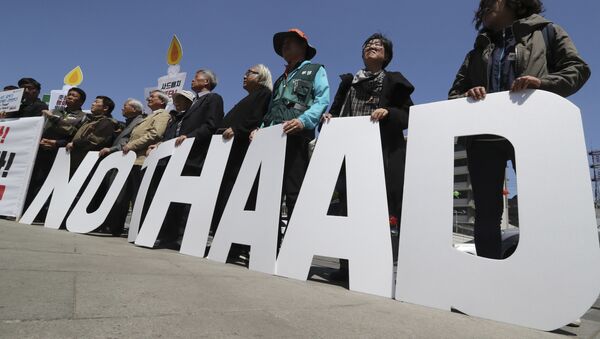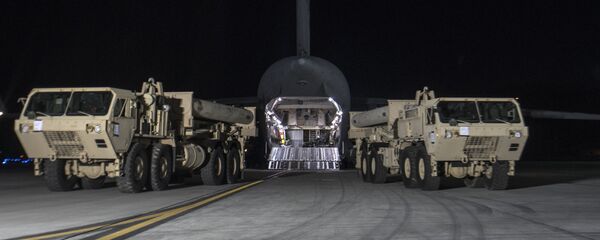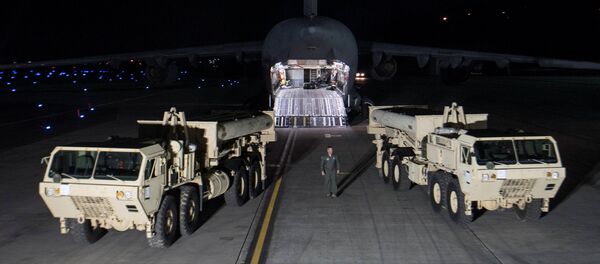On Monday, South Korea's defense ministry said the country has begun consultations with the US on resuming the deployment of the THAAD system, Seoul-based Yonhap News Agency reported, adding that a decision will be made after consultations.
If THAAD is successfully deployed in South Korea, the relations between China and South Korea will be gravely damaged as the system poses severe threat to China's military and national security in a long term, said Jin Jingyi, a Peking University expert on North Korea.
Countermeasures from China, including diplomatic and military measures, will follow the deployment, as China will not allow its national security to be violated, Lü Chao, a researcher on North Korea at the Liaoning Academy of Social Sciences, told the Global Times.
South Korea's new administration is fully aware of the fact that whether THAAD could effectively intercept a medium-range missile from North Korea remains uncertain, and it also knows the impact of the system on China, which has made China feel more disappointed, Lü added.
South Korean President Moon Jae-in ordered the start of the consultations on Saturday, hours after North Korea's test-launch of an intercontinental ballistic missile late Friday night, the Xinhua News Agency reported.
China's foreign ministry called in South Korean Ambassador to China Kim Jang-soo on Saturday and demanded Seoul to stop the THAAD deployment immediately and withdraw all the related equipment, South Korea's largest newspaper JoongAng Ilbo reported, citing multiple diplomatic sources.
The relations between China and South Korea soured dramatically after Washington and Seoul decided to deploy the THAAD system in South Korea in July last year against China's opposition, and more and more South Korean companies have been losing their Chinese customers.
For instance, only 12 out of 112 Lotte Mart outlets in China are in normal operation, the Aju Business Daily reported.
This article was originally written by Li Ruohan in The Global Times.




